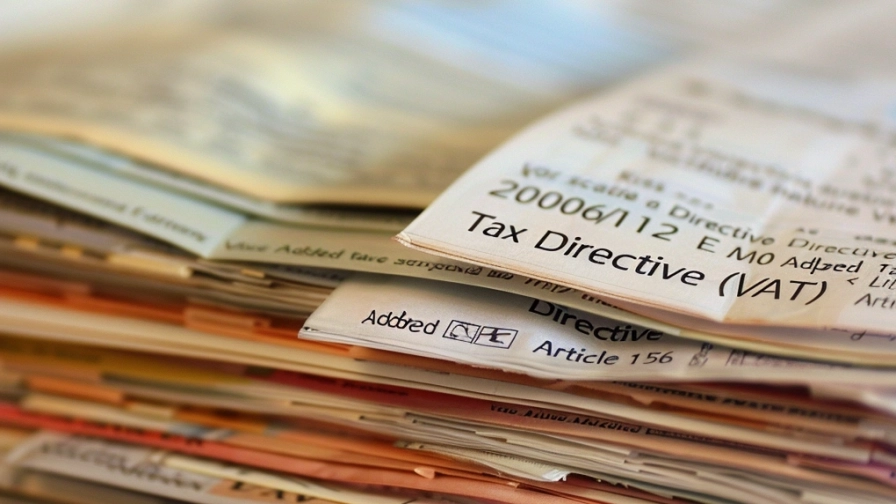Why are taxes paid just before delivery and not upfront?
Published 22 Jul 2024

At Still In Cask we charge VAT and Excise duty separately from the bottle of liquid and we charge prior to bottling rather than up front. We do this because our distillery partners pay duty and VAT when the bottles are removed from bond. This VAT exception is enshrined in law in the UK and in the EU. In the the UK HMRC guidance on tax warehousing (VAT Notice 702/10) outlines how to treat excise goods placed in a tax warehouse, supplied from a tax warehouse or removed from a tax warehouse for VAT purposes. Paragraph 2.2 states:
"No VAT is payable when excisable goods subject to a warehousing regime are placed in a tax warehouse approved for those goods. VAT may be due when goods are removed from the warehouse to home use and is payable together with any suspended duty by the person who is removing the goods (or by the person liable to pay the duty)."
The same is true in the EU. Directive 2006/112/EC Value Added Tax Directive (VAT) Article 156 states:
"member states may exempt the following transactions:
a) the supply of goods which are intended to be presented to customs and, where applicable, placed in temporary storage;
b) the supply of goods which are intended to be placed in a free zone or in a free warehouse;
c) the supply of goods which are intended to be placed under customs warehousing arrangements or inward processing arrangements;
d) the supply of goods which are intended to be admitted into territorial waters in order to be incorporated into drilling or production platforms, for purposes of the construction, repair, maintenance, alteration or fitting-out of such platforms, or to link such drilling or production platforms to the mainland;
e) the supply of goods which are intended to be admitted into territorial waters for the fuelling and provisioning of drilling or production platforms."
The primary purpose of these exemption is to defer the payment of taxes (including VAT and excise duties) until the goods are released for consumption in the domestic market and to ensure that the taxes are only paid once in the market in which they are to be consumed, so avoiding double taxation.
These exemptions obviously simplify things for business involved in the trade of spirits, but as a consumer buying cask shares it can make things a little more complicated. Duty could be charged up front with either the cask being removed from bond or remaining in bond, but both scenarios have issues. If the cask were removed from bond the distillery would be paying taxes on alcohol that ultimately evaporates as the 'angel's share', which is not good business. If the duty was calculated and charged upfront but the cask stayed in bond it is possible may change between the sale and the bottling. This would have adversely affected a number of our distilleries in August 2023 when the UK's Chancellor of the Exchequer raised excise duty by 10%. Had the duty been charged upfront on cask shares sold before then the distillery would have been liable for the extra duty.
By charging taxes just before delivery, these issues are avoided, ensuring fair taxation and better business practices for distilleries. This approach aligns with regulatory requirements while providing a more accurate reflection of the final tax due on the product. However, we always give as accurate an estimate as possible of the taxes that will be due before delivery, based on the current tax rates.
